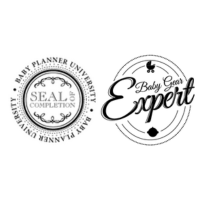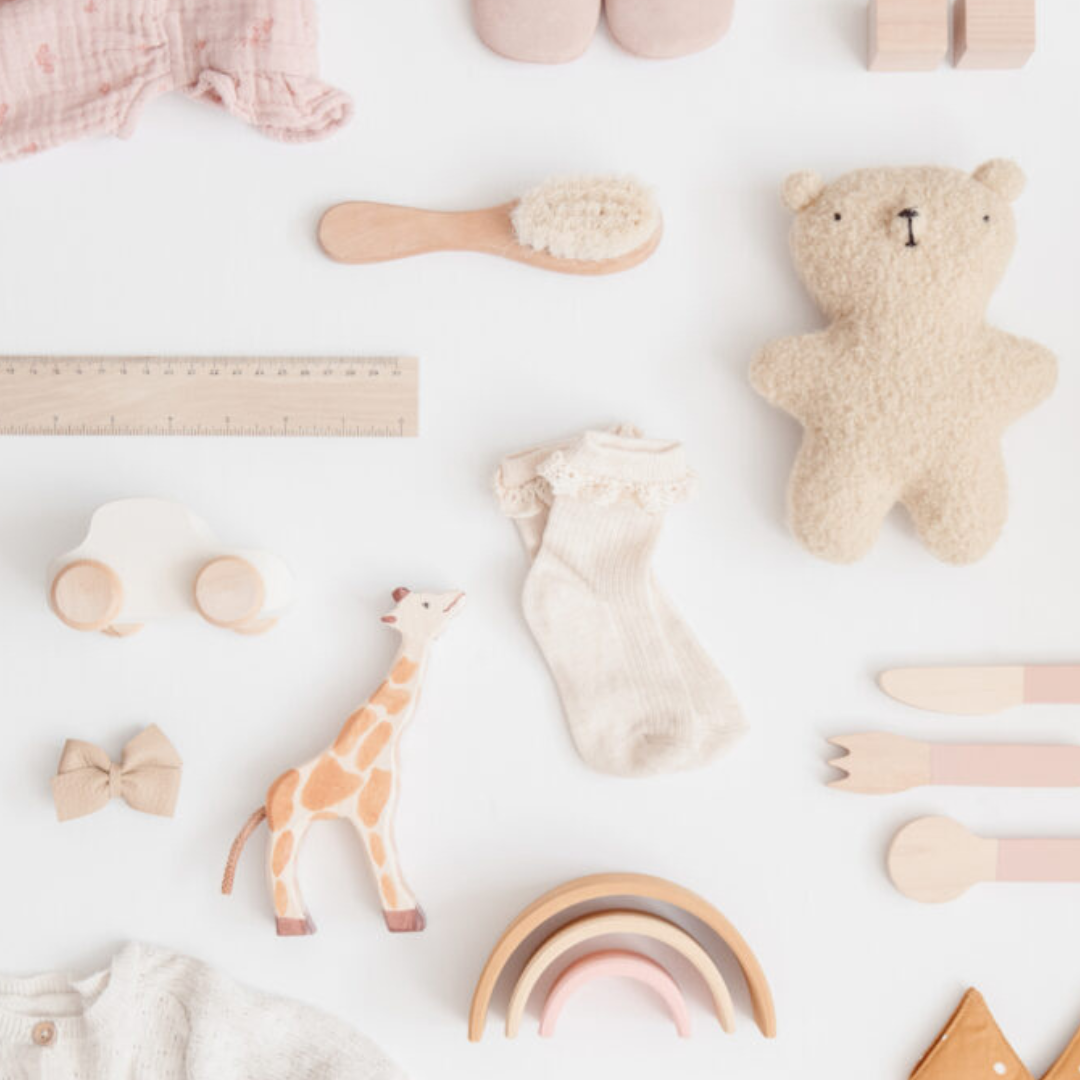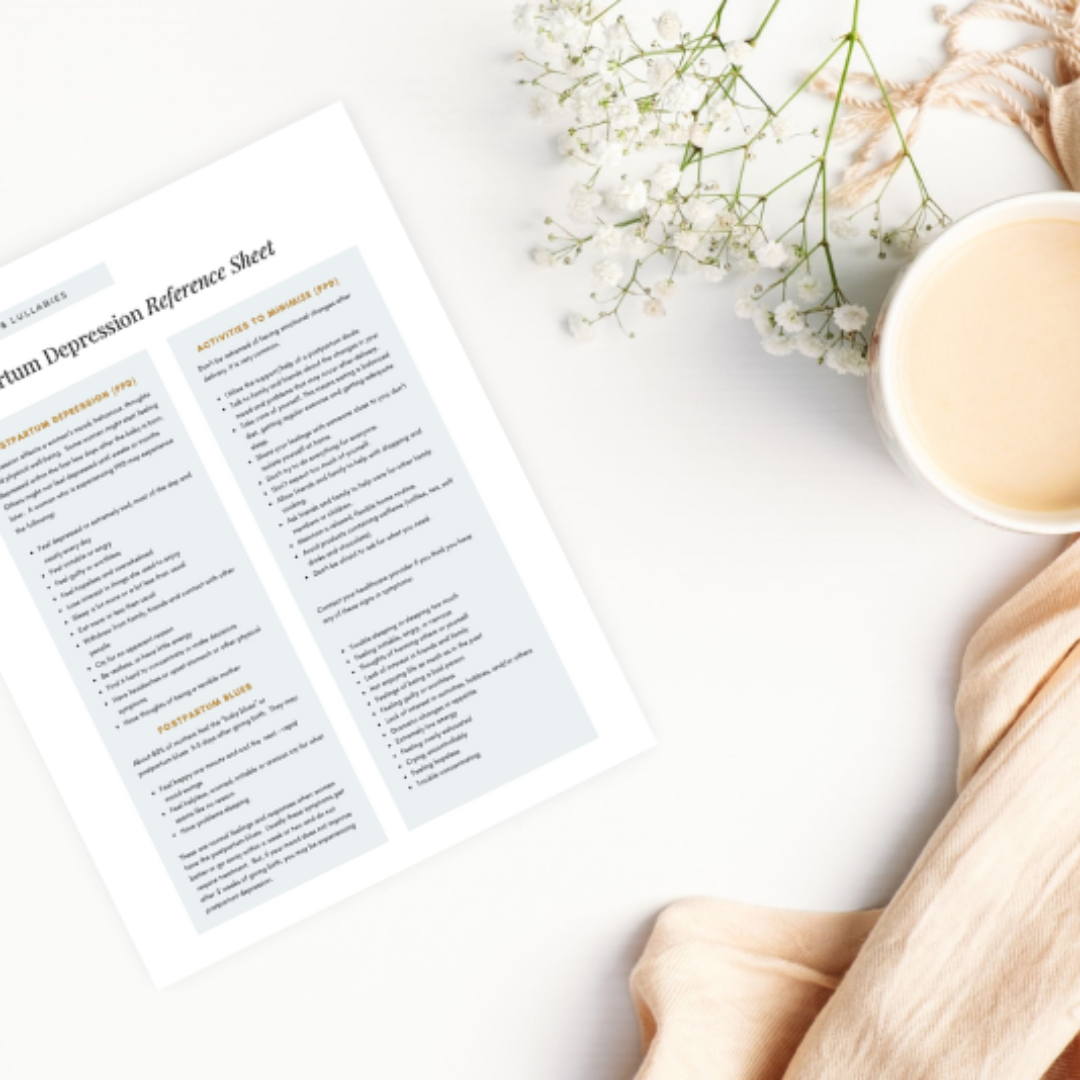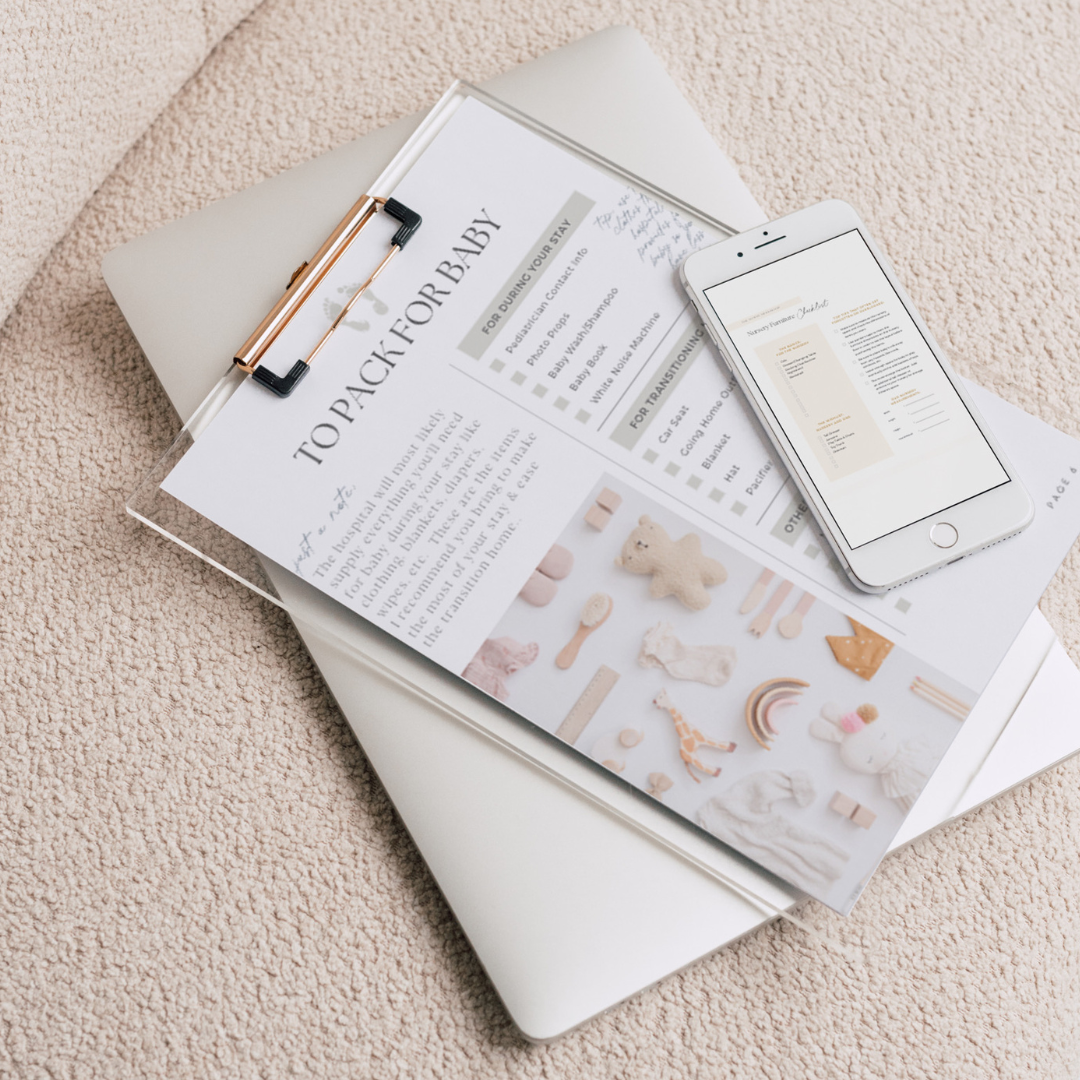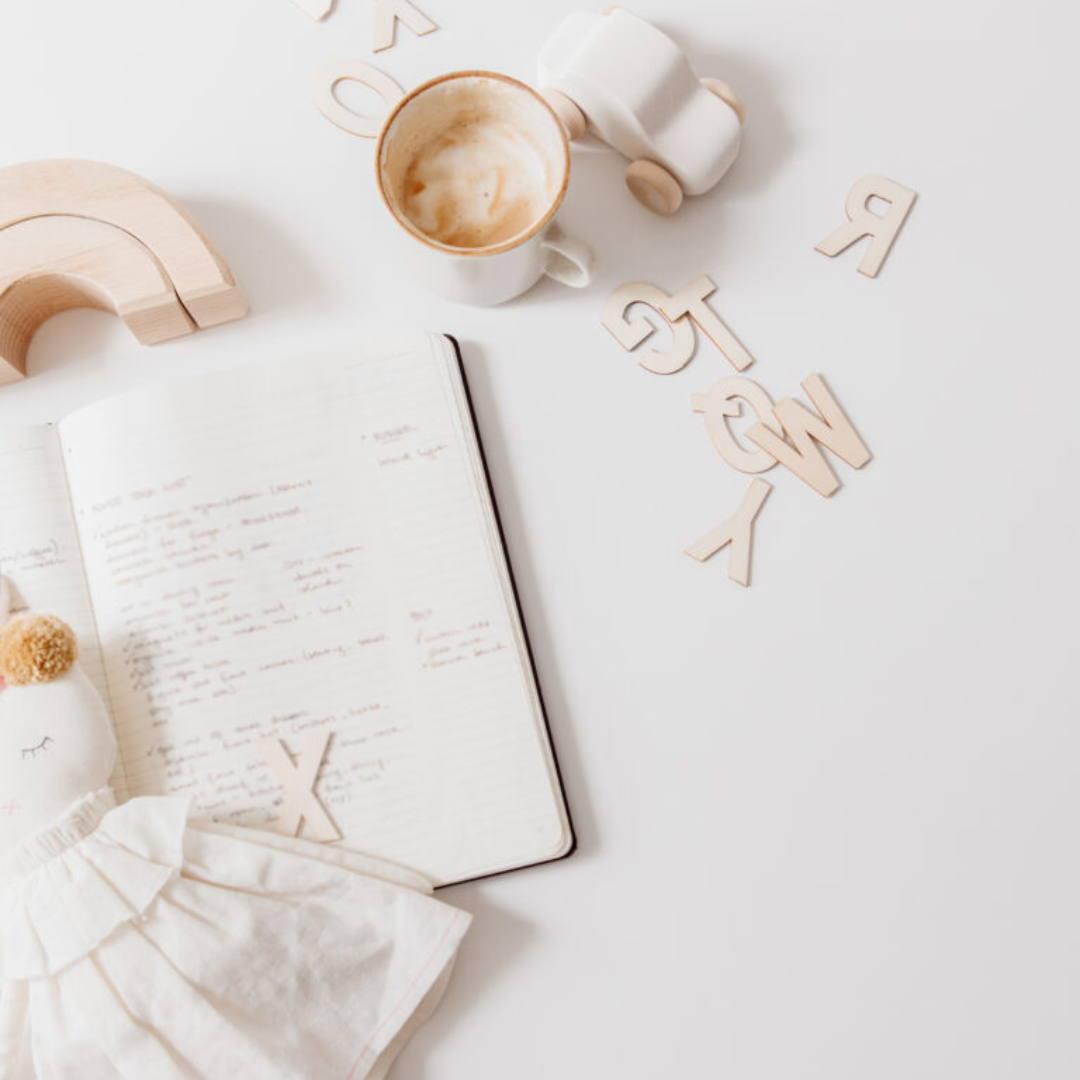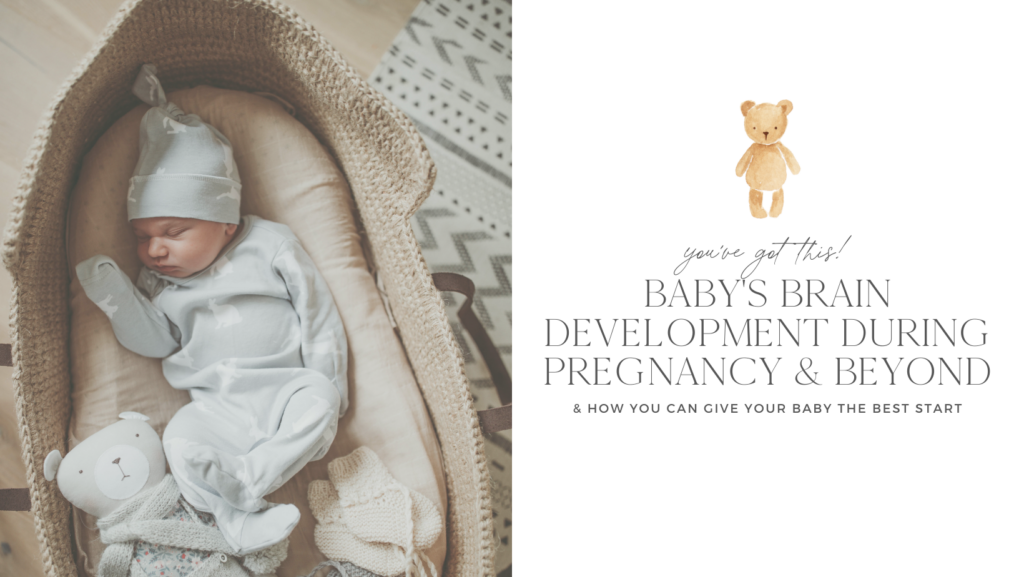
Did you know that baby’s brain starts developing just three weeks after conception? By the time mom is eight weeks pregnant, baby’s brain has already formed more than 100 billion neurons! This is why it is so important for pregnant moms to make sure they are getting the right nutrients and vitamins. In this blog post, we will discuss baby brain development in the womb and how pregnant moms can support healthy brain growth and development.
{We are a participant in the Amazon Services LLC Associates Program, an affiliate advertising program designed to provide a means for us to earn fees by linking to Amazon.com and affiliated sites. To learn more about affiliate links, click here!}
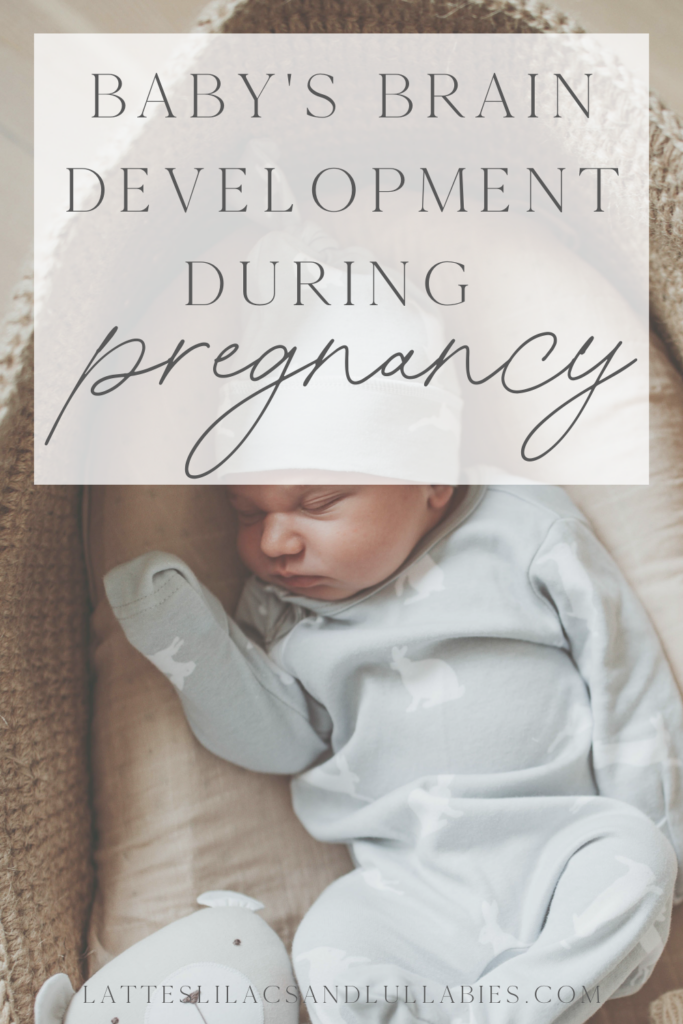
How Does Your Baby’s Brain Develop
A baby’s brain begins to develop during the first few weeks of pregnancy, and it continues to grow and change throughout the course of the pregnancy. During the early stages of development, the brain is busy forming the basic structure that will be used to build more complex structures later on.
For example, during week six, the brain begins to form the cerebral cortex, which is responsible for higher-level functions like thinking and reasoning. By week eight, the brain has started to form connections called neurons, which help carry information between different parts of the brain.
This process continues throughout pregnancy, and by the time a baby is born, his or her brain is already a lot more complex than it was at the beginning of pregnancy.
However, it should be noted that a baby’s brain continues to develop well after birth, and it continues to grow and change throughout childhood and adolescence.
First Trimester
A baby’s brain starts developing very early in pregnancy, and by the end of the first trimester, the brain is already well on its way to becoming fully formed.
The earliest stage of development is called the embryonic stage, and it starts with the formation of the neural tube. This structure will eventually become the baby’s spinal cord and brain.
The cells that make up the neural tube begin to divide and grow very rapidly, forming a thin layer of tissue called the cerebral cortex. This thin layer of tissue is responsible for processing information from the senses, making decisions, and controlling movement.
As development progresses, more layers of tissue will form within the cerebral cortex, creating a complex network that will allow the baby to think, feel, and move.
By the end of the first trimester, the brain has completed its earliest stage of development and is well on its way to being fully formed.
In just 12 weeks, billions of neurons are produced and begin to form connections with one another. This rapid development continues throughout the entire pregnancy, but the first trimester is a crucial time for building a strong foundation for the baby’s future brain development.
In order to ensure that your baby’s brain develops properly, it is important to eat a healthy diet and get plenty of rest during pregnancy. Additionally, avoid alcohol and smoking, as these substances can cause irreparable damage to the developing brain.
With a little care and attention, you can give your child a strong start in life by ensuring that their brain develops properly during the first trimester of pregnancy.
Second Trimester
In the second trimester, a baby’s brain undergoes an amazing transformation. By the end of this stage, all of the major structures and connections will be in place. However, there is still plenty of room for growth and development in the months to come.
During this trimester, brain cells continue to multiply at a rapid rate. Scientists believe that this proliferation is essential for laying the foundation for future learning and behavior.
In addition, important connections are formed between different regions of the brain. These connections are vital for communication and coordination.
Finally, the brain begins to produce important chemicals that will regulate mood and behavior. Together, these changes lay the groundwork for a lifetime of learning and discovery.
By the end of the second trimester, your baby’s brain will have tripled in size. This amazing growth is thanks to an explosion of neural activity, as billions of neurons begin to form connections with one another. This process starts during the earliest stages of development, and continues throughout childhood and into adulthood.
Interestingly, recent research has shown that some of these connections are actually made before birth. For example, studies have shown that babies can distinguish between their mother’s voice and other voices starting at around 32 weeks gestation.
So even though your baby’s brain is still growing rapidly, it is already beginning to process information about the world around them.
Third Trimester
The third trimester is an important time for a baby’s brain development. By the end of this trimester, the baby’s brain will be about two-thirds of the way to its full adult size. This growth spurt is essential for the baby to develop the connections and circuitry that will enable it to think, feel, and move in the world.
During the third trimester, the baby’s brain grows at an amazing rate, increasing in size by about 1% each day. This rapid growth results in the formation of billions of new nerve cells and connections. Some of these connections are essential for basic functions like breathing and regulating heart rate. Others lay the foundation for more complex abilities like language and critical thinking.
A baby’s brain development during the third trimester is nothing short of amazing. In just a few short months, billions of neurons will be generated and connections will be made that will lay the foundation for everything from cognition to motor skills. And it all starts with a tiny cluster of cells known as the neural plate.
As the neural plate begins to thin and fold, it forms the neural tube – the structure that will eventually become the baby’s brain and spinal cord. Soon after, three primary regions of the brain begin to develop: the forebrain, midbrain, and hindbrain. The forebrain will give rise to the cerebral hemispheres, which are responsible for higher-level functions such as thoughts, emotions, and memories. The midbrain will develop into the area responsible for vision and hearing, while the hindbrain will control basic functions such as breathing and heart rate.
As development continues, more sophisticated structures begin to take shape, including the thalamus, hippocampus, and amygdala. By the end of the third trimester, the baby’s brain will be nearly as developed as an adult’s, although it will continue to grow and mature throughout childhood and adolescence.
So, what can you do to support your baby’s brain development during the third trimester? For starters, you can provide a healthy diet for yourself and your baby-to-be. Eating plenty of fruits, vegetables, and whole grains will ensure that your baby gets the nutrients it needs for proper brain development. You can also try to reduce stress levels, as high levels of stress have been linked to impaired brain development in unborn babies. Finally, you can stimulate your baby’s senses by talking, singing, and reading aloud to them. This will help to promote healthy brain development and prepare them for the world outside the womb.

Your Baby’s Brain In The First Years Of Life
You may not be able to tell from looking at them, but those little brains are developing at an amazing pace. In the first few years of life, your baby’s brain will grow more than it will at any other time in their life. This growth is essential for their development and future success.
During this time, your baby’s brain is building connections and figuring out how to process information. They are learning to think, feel, and move. All of this happens through experience and exposure to the world around them. So, it is important to provide your baby with opportunities to learn and explore.
You can support your baby’s brain development by talking, singing, and reading with them. Give them ample time to play and be curious. Encourage them to try new things and make mistakes. These experiences will help their brains grow and develop in healthy ways.
Providing a loving and nurturing environment is also essential for healthy brain development. Studies have shown that babies who are raised in supportive environments with consistent caregivers have better outcomes in life than those who do not. So, make sure to hug, cuddle, and love your baby as often as you can. This will help their brains develop in the best way possible.
Factors That Impact Fetal Brain Development
There are many factors that can impact fetal brain development. For one, the mother’s health during pregnancy is important. If the mother is malnourished or has an infection, it can affect the fetus’s brain development.
Additionally, exposure to toxins like alcohol or drugs can also impact the developing brain. Stress and anxiety during pregnancy can also affect fetal brain development, as can certain medical conditions like diabetes.
Finally, the father’s health and nutrition can also impact fetal brain development. Thankfully, there are many things that expectant parents can do to promote healthy brain development in their fetus, such as eating a nutritious diet, getting regular exercise, and avoiding harmful substances.
By being aware of the factors that impact fetal brain development, parents can help give their child a healthy start in life.
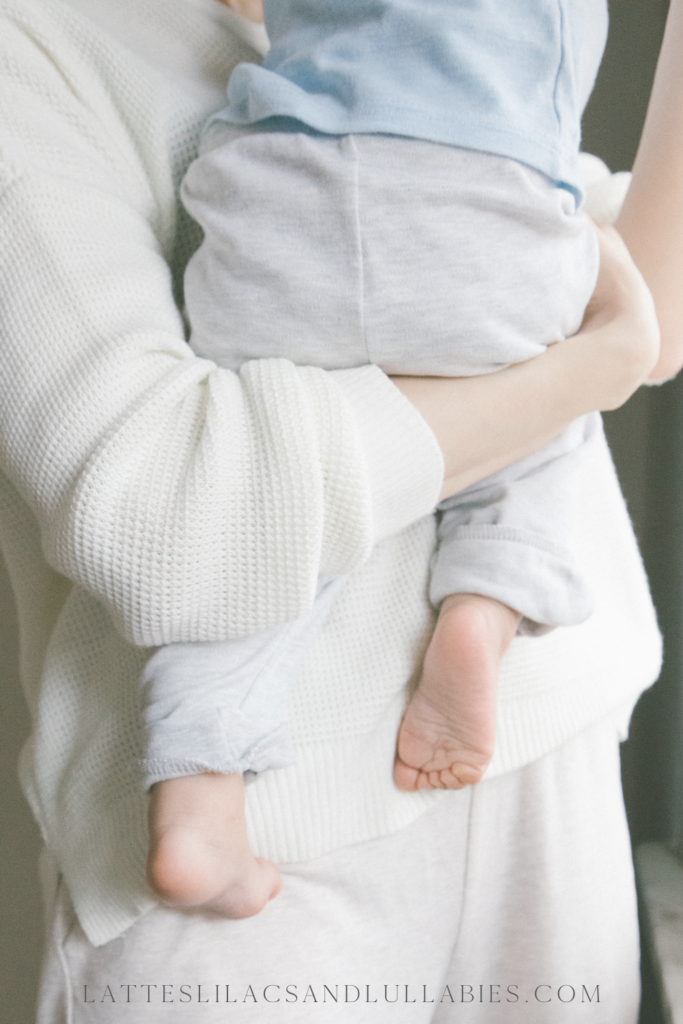
How Can You Support Your Baby’s Brain During Pregnancy?
Pregnancy is an amazing time for both you and your baby. Your baby’s brain is growing rapidly, and you can help support this development by eating healthy foods, staying active, and reducing stress.
Healthy Diet
Foods rich in omega-3 fatty acids are especially important for brain development, so make sure to include plenty of fish, nuts, and seeds in your diet.
Staying Active
Staying active during pregnancy helps to increase blood flow to the uterus and can also reduce stress levels. Meditation, pregnancy yoga, or simply taking a few minutes each day to relax can also help to reduce stress and promote a healthy environment for your growing baby.
Take a Prenatal Vitamin
Make sure you are getting enough folic acid by taking a prenatal vitamin. This important nutrient helps to prevent birth defects and supports healthy brain development.
Get Rest
Getting enough rest is crucial for pregnant women. Not only will it help you feel your best, but it will also promote your baby’s brain development. Aim for seven to eight hours of sleep each night.
Avoid Toxins
There are many things that can exposure to toxins during pregnancy, so it’s important to be cautious about what you’re exposed to. Avoid smoking, drinking alcohol, and using drugs during pregnancy. Also, be careful about the cleaning products you use and the cosmetics you wear. Choose natural options whenever possible.
DHA Supplement
There’s no denying that giving birth is a miracle. But even the most devout believers in miracles could use a little help when it comes to baby brain development. Enter DHA supplements, which are essential for supporting cognitive function and healthy development in babies.
DHA is an omega-3 fatty acid that is found in fish oil, and it plays a vital role in cell membranes throughout the body. In the brain, DHA is involved in neurotransmitter signaling and helps to support the growth and development of neural cells.
Supplementing with DHA has been shown to improve cognitive function in babies, and it may also help to reduce the risk of developing certain diseases later in life. So if you’re looking for a way to give your little one a boost, consider adding a DHA supplement to their diet.
By following these simple tips, you can help support your baby’s brain development during pregnancy.
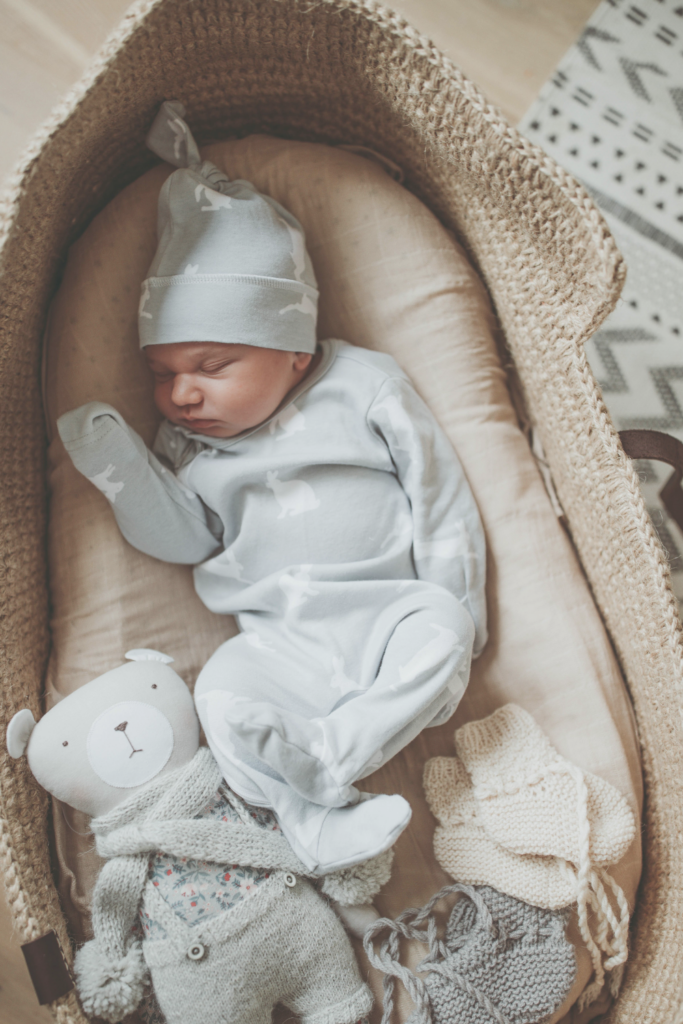
FAQs About Early Brain Development
Q- At what month does a baby’s brain develop?
The brain is an amazing thing. It starts developing before we’re even born, and continues to grow and change throughout our lives. So when exactly does this process begin?
According to recent research, a baby’s brain starts developing in the womb during the third month of pregnancy. This is when neurons begin to form and connections start to form between them. By the end of the third month, the baby’s brain has developed enough that it can control basic body functions like heart rate and breathing.
The brain will continue to grow and develop throughout childhood, adolescence, and into adulthood. So next time you’re feeling overwhelmed by life, remember that your brain is still growing and changing – you might just be smarter than you think!
Q- What foods develop baby’s brain?
In the past, new parents were often advised to feed their babies bland, uninteresting food in order to encourage healthy brain development. However, recent research has shown that there are certain foods that can actually help to boost baby’s brain power. So if you’re looking to give your little one a leg up, here are some of the best foods to include in their diet:
1. Salmon – This fish is packed with omega-3 fatty acids, which have been shown to promote brain health.
2. Eggs – Eggs are a good source of choline, an essential nutrient for cognitive development.
3. Avocados – Avocados are rich in monounsaturated fats, which have been linked with improved memory and learning ability.
4. Blueberries – These berries are loaded with antioxidants, which can help to protect the brain from damage.
5. Nuts and Seeds – Nuts and seeds contain essential vitamins and minerals that are vital for healthy brain function.
By including these powerhouse foods in your baby’s diet, you can help them develop a strong, healthy brain.
Q- How can I improve my baby’s brain development after they’re born?
If you’re looking to give your baby a boost in the brain department, there are a few simple things you can do. First, make sure they get plenty of sleep. While they’re snoozing, their brains are hard at work processing all the new information they’ve acquired during the day.
Second, engage in lots of back-and-forth conversations with them. This back-and-forth chatter helps to stimulate their developing brains and promotes language learning.
Finally, expose them to as many new experiences as possible. Reading books, playing music, and spending time outdoors are all great ways to help them explore the world around them and broaden their horizons. So go ahead and give your little one a leg up in the brain development race – they’ll be thanking you for it later!
Q- Is a newborn’s brain fully developed at birth?
At birth, a baby’s brain is about 1/3 of the size of an adult’s brain. But don’t be fooled by its size –– a newborn’s brain is already remarkably complex.
In fact, it contains all of the basic neural circuitry that an adult brain has. However, this circuitry is immature and still needs to develop. For example, connections between neurons are not yet fully formed, and the regions of the brain responsible for higher-level functions such as planning and decision-making are not yet fully developed.
As a result, a newborn’s brain has a tremendous capacity for growth and change. With time and experience, the circuitry will mature and the regions of the brain will continue to develop, eventually leading to the full development of the brain.
Conclusion
The development of your baby’s brain is an amazing process that starts in the womb and continues throughout their first years of life. You can support healthy brain development by eating a nutritious diet, reducing stress levels, and stimulating your baby’s senses. Providing a loving and nurturing environment is also key to promoting healthy brain growth. By taking these steps, you can help your baby’s brain develop in the best way possible.


